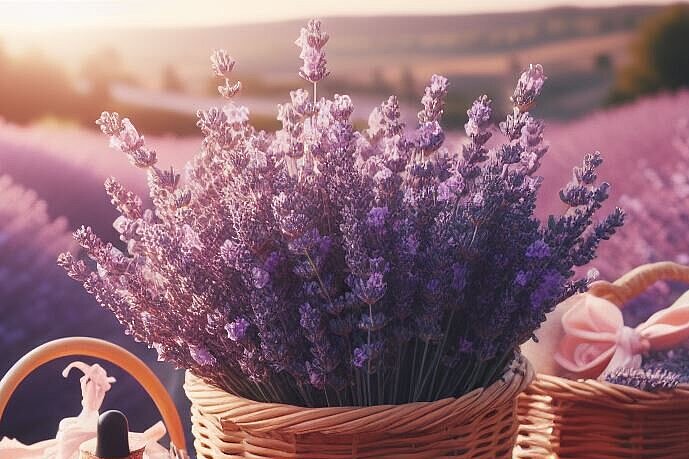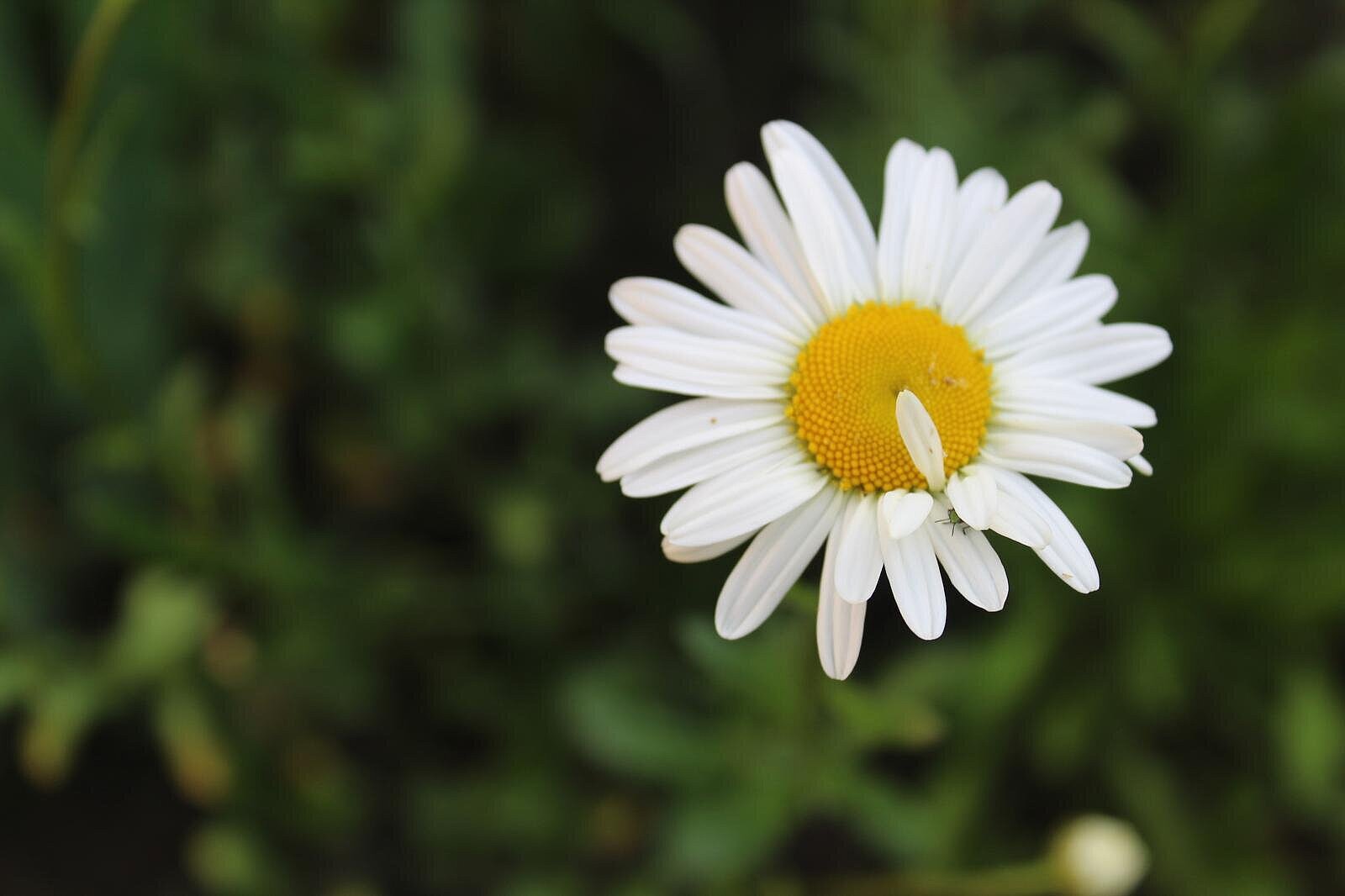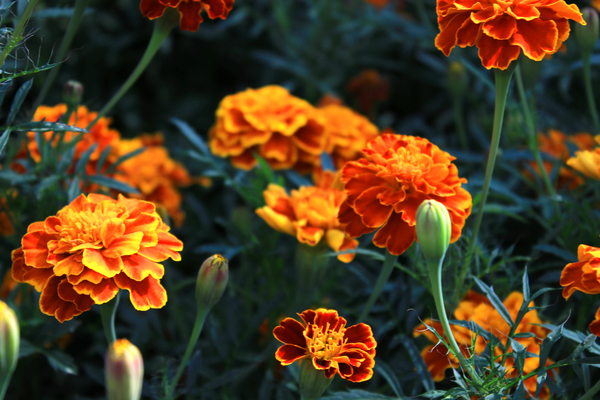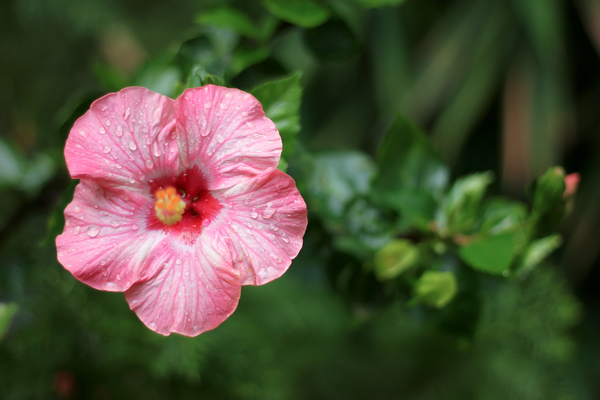Dried hops
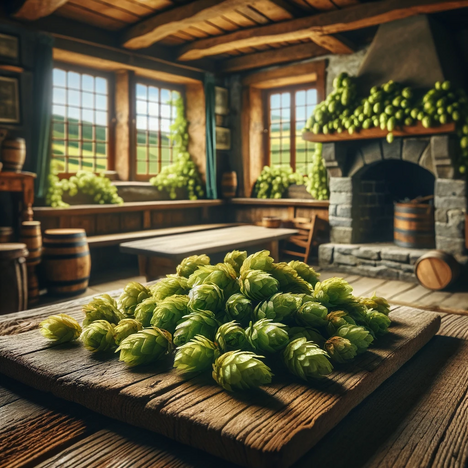
Hops, a key ingredient in the beer brewing process, pose a little-known danger to our four-legged friends. While the use of dried hops in the human diet is widespread and known for its health benefits, it poses a significant risk to dogs. In this article, we shed light on what dried hops are and discuss in detail the potential dangers they can pose to dogs to inform dog owners of the risks of this otherwise popular plant.
What are dried hops?
Dried hops are the flowers of the hop plant (Humulus lupulus), which are mainly used in beer production to add flavor and stability to beer. The drying process preserves the hop flowers and intensifies their aromatic oils, bitter substances and preservative properties, making them an indispensable ingredient in the art of brewing.
The danger of dried hops for dogs
Toxic effect
Unfortunately, dried hops are highly toxic to dogs. While the exact toxic substance in hops has not yet been fully identified, ingestion of even small amounts can lead to a potentially life-threatening situation. Symptoms of hop poisoning in dogs can include hyperthermia (increased body temperature), rapid heartbeat, restlessness, vomiting and, in severe cases, acute kidney failure.
Breed sensitivity
Interestingly, some breeds of dogs, particularly Greyhounds, show a higher sensitivity to hop toxicity. The reasons for this breed sensitivity are not fully understood, but it underscores the need to keep hops away from all dogs.
No benefits outweigh the risk
Unlike many other natural ingredients that can have both benefits and drawbacks for dogs, when it comes to dried hops, the risks clearly outweigh the benefits. There are no known health benefits that would justify the high risk of poisoning, making the use of hops in any form unsuitable for dogs all round.
Prevention and what to do in an emergency
The best strategy to avoid the dangers of dried hops is prevention. Dog owners who brew their own beer or store hops at home should ensure that they are kept out of reach of their dogs. In the event of accidental ingestion of hops, it is important to seek veterinary help immediately as the symptoms of hop poisoning can progress quickly.
A clear no to hops for dogs
To summarize, dried hops pose a clear risk to dogs without any health benefits. The toxicity of hops can have serious, even fatal consequences, especially in sensitive breeds. Prevention through safe storage and awareness of the risks are crucial to protect our dogs from this danger. As responsible dog owners, it is our duty to educate ourselves on the potential dangers that certain ingredients can pose to our pets, and hops definitely belong on the list of substances that should be kept far away from our four-legged friends.
If you notice any signs of hypersensitivity or poisoning in your dog, you should see your vet immediately. We are not a substitute for a vet, but we try to be as accurate as possible. Every dog reacts differently and we recommend you get a second opinion or consult your vet if in doubt.
Stay healthy and take good care of your four-legged friend!😊
Similar to Dried hops
Lavender is a plant genus that belongs to the labiate family. There are around 30 different species of lavender, which differ in appearance, smell and active ingredient content. The best known and...
Chamomile flowers are the dried flower heads of the chamomile plant, which belongs to the Asteraceae family. Chamomile is an annual plant that is native to Europe, Asia and North Africa. It has...
Marigold flowers have various positive effects on the health of dogs. Among other things, they have the following effects: Anti-inflammatory: Marigold flowers can help to relieve inflammation of...
Hibiscus belongs to the mallow family and comprises several hundred species. The best-known species is Hibiscus sabdariffa, also known as roselle or karkade. This species has red calyxes that can be...
